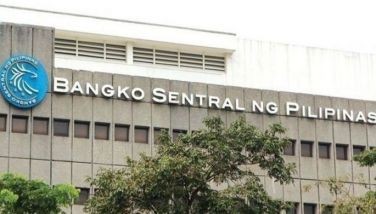Removal of restrictions on foreign ownership pushed
MANILA, Philippines - A professor of the University of the Philippines (UP) School of Economics and fellow of the Institute for Development and Econometric Analysis (IDEA) is in favor of lifting restrictions on foreign ownership in doing business in the Philippines.
Prof. Ernesto M. Pernia said that lifting of restrictions would encourage more foreign direct investments (FDIs) into the Philippine economy.
“However, it should be done gradually or in phases,” Pernia, a former lead economist of the Asian Development Bank (ADB), pointed out.
Doing it in phases would allow for gradual entry of foreign capital as well as limit the shocks to the domestic economy.
Speaking before students from the Lyceum of the Philippines and the Holy Angel University yesterday, the UP professor said that allowing for foreign ownership in the country’s economy is part of improving the investment climate in the country.
Pernia said that it is not enough for the economy to rely on the business process outsourcing (BPO) sector and the migrant Filipinos to be the main drivers of growth.
“Our country is coming in late in the intensely-competitive FDI and development game in the region,” he said. “We must shift to the productive and labor-intensive secondary sector to manufacturing.”
The BPO sector accounts for a mere one percent of the country’s labor force in an environment of seven percent unemployment rate and a little over 19-percent underemployment rate, Pernia pointed out.
Earlier, Foreign Affairs Secretary Albert F. del Rosario categorically favored the lifting of restrictions on foreign ownership to attract more investments.
“There may be a need to re-evaluate the existing economic parameters as the Philippines further redefines international economic policy and offer more access to foreign investments. There may be a need for changes in statutory ownership standards,” he said early this month.
Del Rosario reasoned that since the Philippines has decoupled from the nations badly battered by the ongoing global economic crisis, the country was saved from the negative impact of the crisis.
“But now it has less access to markets that have been earlier given preferential treatment status from the nations or regions which are now suffering from the global financial crisis,” he added.
The country has been ranked in the lower half of nations considered not attractive, or difficult to do business with in global surveys on doing business.
- Latest
- Trending





























